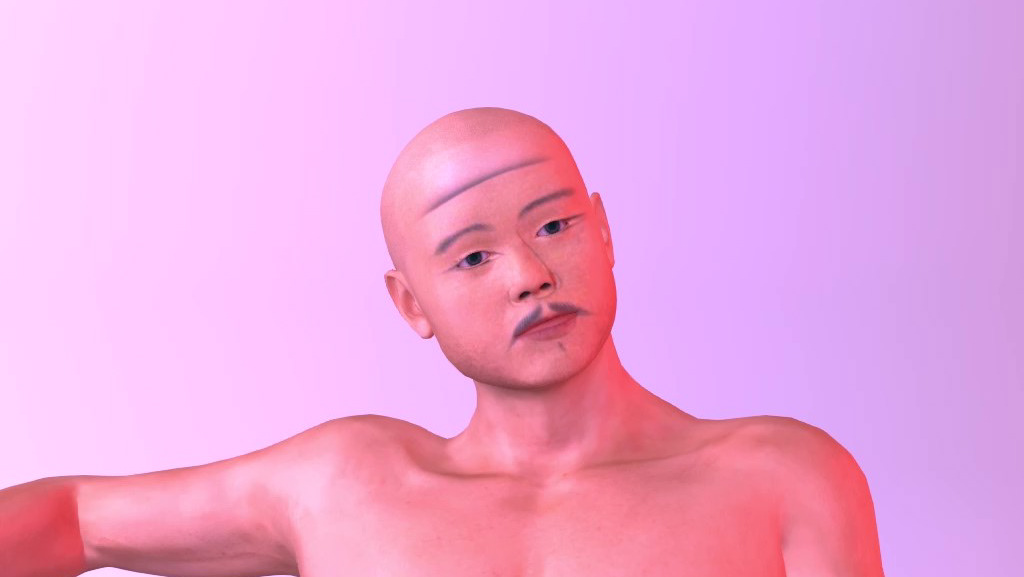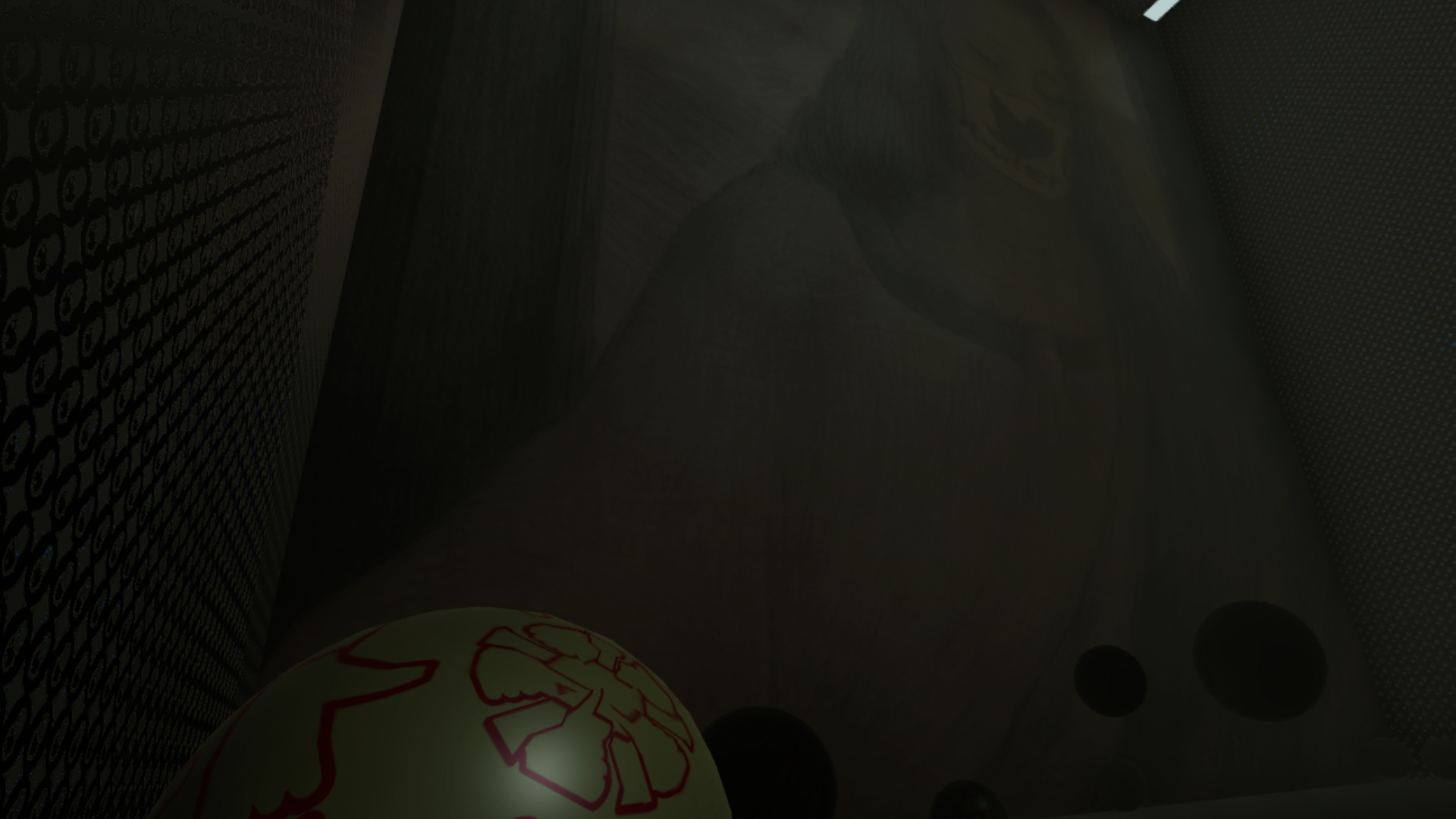Social Tissue in a Time of Social Distancing
This project transforms the most popular video game -Epic Game's Fortnite screen recordings into textiles, which I would refer to as a social tissue in the present challenging time of social distancing.
In this project, I would like to introduce my reflection about video games, which play a significant role in this pandemic moment. Creating a tangible social tissue helps kids escape the harmful effects of social distancing.
On the other hand, can all children play games fairly? At first glance, behind the seemingly simple world of video games, there are many inequalities hidden. If we look closely, we will find that inequality in the video game world is directly proportional to household income and education inequality. Parents are well-educated, and children from families with higher incomes usually have better equipment for playing games and a fixed period for playing games. In contrast, parents of low-income families tend to prevent their children from playing games, causing family conflicts, and harming the parent-child relationship. In recent months I have been studying the impact of this video game world on the real world. I found that many children who are not allowed to play games are often playing games secretly. Compared with the children who are allowed to play games reasonably, these children who play games quietly play longer and are often more addicted. Simultaneously, because they play secretly, they can not benefit the social tissue created by video games -because such social tissue is usually based on real-time chatting tools while playing games. Children who play games quietly cannot chat with friends through microphones because then parents will find that they are playing games.
In this work, I use mojibake to imitate the inequality in the world of video games. Most of the languages' characters in this world cannot be displayed correctly on the computer. In this project, I typed several different languages' characters uttering the same sentence. Without very complicated font-related processing, C++’s program can almost only output the English sentence correctly. Most characters, e.g., Arabic, Korean, and Chinese will all be output as question marks. In the actual outputting picture of the work, many question marks seem to constitute a background of video games, and only English constitutes the essential scene and players.
Mojibake seems to have been greatly improved in recent years, but issues that affect kids’ development are still everywhere. It will be much more difficult for a non-native English speaker kid to learn to program than a native English speaker kid.
When inequality falls on children, the cruelty of the world is shocking.








